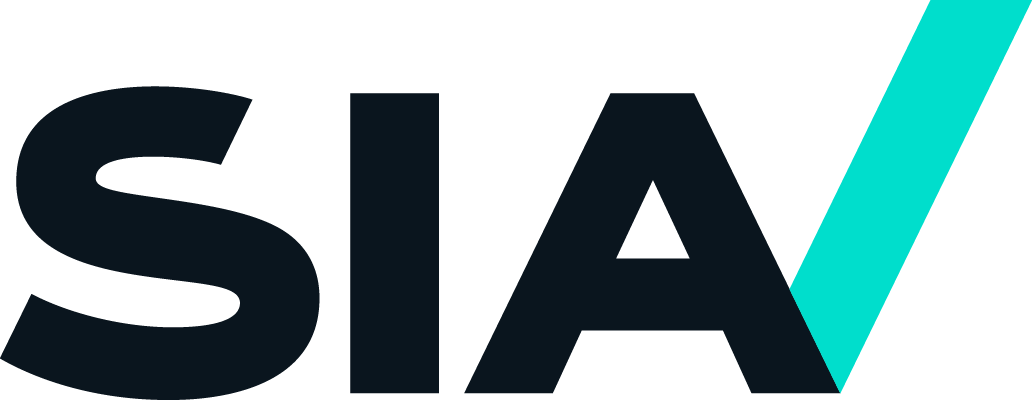- The Employment Equity Act, which is under review, uses the terminology Aboriginal peoples and visible minorities.
The Role Education Experience
- Experience in directing or overseeing the application of engineering and applied science principles, including problem and constraint identification, streamlined problem-solving approaches, modelling and simulation, analysis, and clear and effective dissemination of technical findings to a range of audiences through written and oral forms of communication (e.g., reports, presentations).
- Experience in engagement/marketing activities, and/or in the development and management of effective partnerships and collaborations.
- Experience with numerical modelling or physical modelling, and analysis to provide solutions to a variety of topics related to coastal, river and/or water resource engineering challenges including flood and erosion hazard assessment and management, wave impacts on shorelines and infrastructure, performance of hydraulic structures, water quality assessment and risk management, and climate change impacts assessment and adaptation.
- Experience in numerical modelling of riverine and/or coastal physical processes (e.g., hydrodynamics, waves, sediment transport, water quality), and application of programming for data processing/analysis.
- Experience in programming techniques, data collection and analysis in Geographic Information System (GIS) software to support coastal/river/water resources engineering analysis.
- Experience in executing technical projects, proposal development, project management, and working in multidisciplinary teams.
Condition of Employment
Language Requirements Assessment Criteria Technical Competencies
- Advanced skills in oral and written communication in English, writing clear and concise proposals, reports, conference papers and/or journal papers and effectively communicating results to clients and/or at scientific conferences.
- Understanding of project management principles, practices, tools, and techniques required to complete assigned project tasks on time, within budget, and with the desired quality and impact.
- Knowledge of the principles of fluid mechanics, coastal engineering, river engineering, water resources, coastal and/or riverine physical processes (hydrodynamics, water quality, and sediment transport).
- Solid knowledge of the principal numerical models to investigate a diverse range of problems related to coastal engineering, river engineering and/or water resources engineering.
- Knowledge of the theory of numerical modelling and physical modelling to investigate a diverse range of problems related to coastal engineering, river engineering, water resources, and water quality.
- Knowledge of applying statistical methods to support coastal and/or water resources engineering (e.g., hydrological frequency analysis, hypothesis testing, extreme value analysis).
- Knowledge of applying computer programming (e.g., MATLAB, Python, FORTRAN, C++) and GIS software to read, process, analyze, and write geospatial data.
Behavioural Competencies
- Management services - Organizational and environmental awareness (Level 2)
- Management services - Conceptual and analytical ability (Level 2)
- Research - Creative thinking (Level 3)
- Research - Results orientation (Level 2)
- Research - Partnering (Level 2)
- Research - Teamwork (Level 2)
Compensation Notes
- Relocation assistance will be determined in accordance with the NRC's directives.
- A pre-qualified list may be established for similar positions for a one year period.
- Preference will be given to Canadian Citizens and Permanent Residents of Canada, persons with an Open Work Permit or Indigenous people living in the United States. Please include citizenship information in your application.
- The incumbent must adhere to safe workplace practices at all times.
- We thank all those who apply, however only those selected for further consideration will be contacted.
National Research Council Canada













